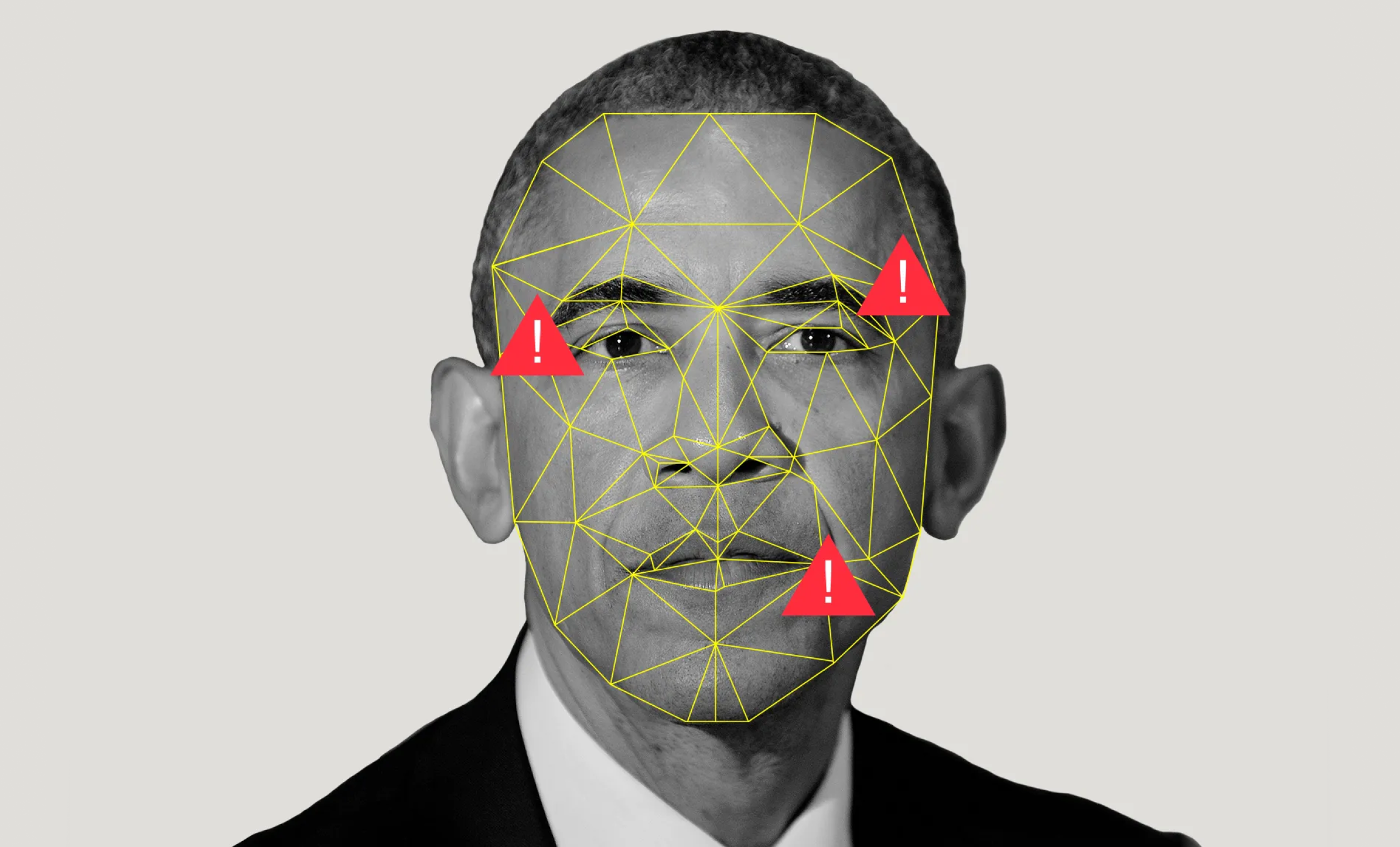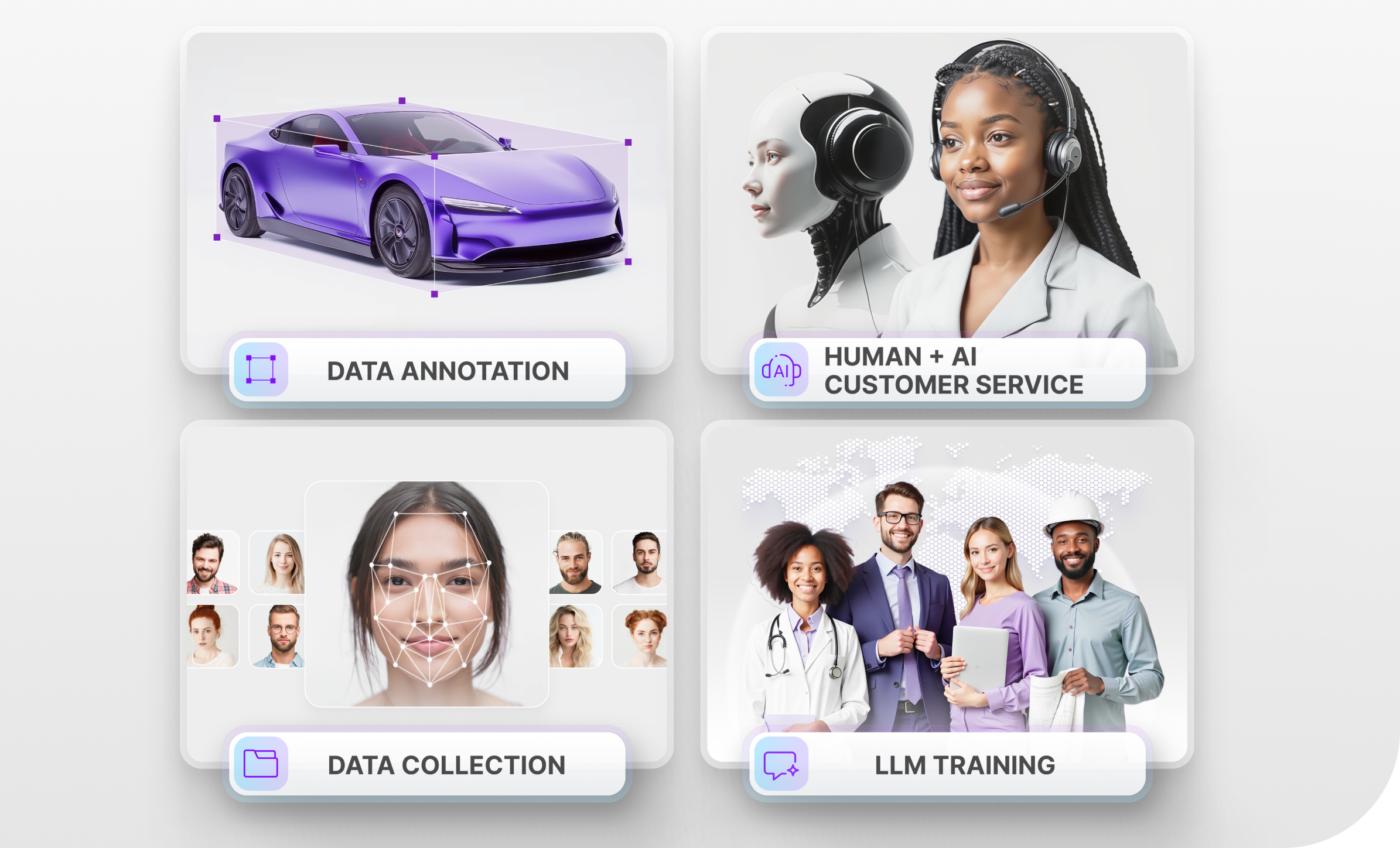Voting 2.0: How AI is Transforming the Future of Elections
In 2024, more than 60 countries will be holding elections. While most of the attention is given to the elections in the United States, the majority of the world’s population will be heading to the polls some time this year. Technology has made voting more accessible and efficient with things like e-voting, the recent rise of AI and specifically tools like ChatGPT and content generation tools have raised concerns about some negative impacts on the election process. With a wide range of political ideologies across the world, candidates, campaigns, and election officials are recently turning more to artificial intelligence to share their messages, reach more voters, and administer a secure election.
However, these same tools could also be used for misinformation and cultivation of distrust in the electoral process . In this article, we will take a look at the effects AI can have on elections and what we can do to mitigate the negative effects.
What are the Positive Effects of AI on Elections?

Let’s start off on the positive side of things and look at some of the main ways AI can have positive impacts on elections. These include:
- Create targeted messaging – AI can crunch large volumes of demographic and voter behavior data allowing political campaigns to segment their target audience and create messaging aimed at each specific demographic.
- Respond to campaign content – If a candidate posts something on social media or somebody makes a comment on their website, AI can be used to create an instant response to better interact with the voters.
- Conduct administrative work- Election officials can use AI to automate administrative tasks related to the electoral process such as verifying voter eligibility, identifying errors, counting ballots and a lot more.
- Voter education – Voters can learn more about candidates by asking AI questions and getting relevant and reliable information. This is a lot easier than doing a Google search or other methods.
- Improved security – AI-powered systems can monitor election activities for unusual patterns, such as voter fraud or hacking attempts. Machine learning algorithms can identify irregularities in real-time, helping to prevent tampering and ensuring fair elections.
What are Some Possible Negative Effects?

There are certainly some negative effects election officials need to watch out for when considering the role AI can play. These include:
- Possible spread of misinformation – AI uses source information to create responses to user questions and if this ground truth information is not reliable then it can produce information that is simply false and disseminate this information to a wide audience. This also includes automated misinformation campaigns using AI-driven bots to amplify misleading or false narratives on social media, making it appear as though certain views or stories are more widely supported than they actually are.
- Deepfakes – Deepfakes represent a more sophisticated form of AI-generated disinformation, involving the creation of highly realistic video and audio recordings that can make it appear as though individuals are saying or doing things they never did. In the context of elections, deepfake technology can be used to produce counterfeit videos of political figures making controversial statements or engaging in inappropriate conduct.
- Micro-targeting and manipulation – Earlier on we talked about how AI can be used to help politicians create targeted messaging, but there is a potential downside especially if the campaigns send out manipulative messaging. This can lead to polarization, as different groups may receive conflicting information tailored to their fears or biases.
- Data privacy violations – AI relies heavily on data, and electoral campaigns can exploit personal data from social media, browsing history, and more to influence voters in ways that compromise their privacy and autonomy. Unauthorized data collection for political purposes can erode public trust.
- Polarization and division – AI algorithms that control social media feeds can create filter bubbles, where voters are only exposed to viewpoints they already agree with. This deepens political polarization, making it harder for people to engage with opposing viewpoints in a constructive manner.
What Can be Done to Mitigate These Risks?

The advent of AI in political campaigns has brought about revolutionary changes in how electoral strategies are formulated and executed. While the benefits of AI in enhancing the efficiency and effectiveness of campaigns are undeniable, the potential for misuse necessitates robust measures to ensure transparency and accountability. To mitigate the negative impacts of AI on elections and uphold the integrity of democratic processes, the following recommendations are proposed:
- Mandatory disclosure of AI use – Political campaigns should be required to disclose when and how they are using AI technologies. This includes the use of AI for data analysis, voter targeting, personalized messaging, and strategy optimization. Such disclosures should be made publicly available in a timely manner, allowing voters to be aware of the AI-driven strategies being employed to influence their decisions.
- Strengthened regulation and oversight – Governments can establish laws requiring transparency around the use of AI in political campaigns, such as disclosing when AI-driven ads or bots are used. This ensures voters know when they’re interacting with automated systems.
- Improved public awareness – Educating voters about AI’s potential role in spreading disinformation and deepfakes helps people critically evaluate the information they encounter. Voters should be aware of how AI can manipulate content.
- Transparency in AI algorithms – While it’s understood that proprietary algorithms are the intellectual property of their creators, there should be a level of transparency about the logic and data sets these algorithms use, especially when employed in political campaigns. Independent audits by third-party organizations could be a way to ensure that these algorithms do not perpetuate bias or misinformation, without compromising proprietary information.
- Create ethical standards – Political campaigns should adopt ethical guidelines on the use of AI, ensuring that technology is used responsibly and without exploiting voters’ data or biases. These standards should cover aspects such as data privacy, consent, non-discrimination, and fairness. Political entities using AI should commit to these standards, ensuring that their use of technology aligns with democratic values and respects voter autonomy.
Mindy Support Can Help Defend Your Company Against AI Bot Attacks
Mindy Support can help you defend against bot campaigns by providing in-depth analysis of social media comments, posts and other user engagement related to your company. Our team can effectively identify patterns associated with automated or bot-driven activity, such as identical texts, repetitive posting, or suspicious account behavior. By flagging these anomalies, we help businesses and organizations differentiate between genuine user engagement and artificial interactions aimed at skewing public perception. This is particularly valuable during times of heightened online activity, such as during product launches, major announcements and election periods, when misinformation and disinformation campaigns can damage reputations and trust.
Our services go beyond simple detection. Once bot accounts or suspect content are identified, we provide detailed reports and actionable insights, allowing clients to take corrective action. Whether it’s cleaning up social media channels, reporting problematic accounts, or tailoring communication strategies based on real human feedback, Mindy Support helps your company be protected from malicious bot campaigns. By ensuring authentic engagement with your audience, we help safeguard your brand’s reputation and foster a transparent, trustworthy online presence.






